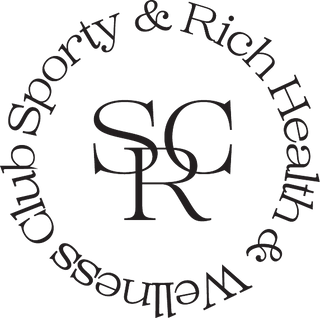
By: @ericabassotherapy
Feeling burnt out and wondering how to better regulate your emotions and respond to life’s stressors? Learning how to stimulate and tone your vagus nerve can help you access a more calm, focused version of you. Let’s discuss how.
The vagus nerve is the longest nerve in the human body, stretching from your brain stem down to your colon and it plays a critical role in the mind-body connection. It influences a variety of functions like your heart rate, digestion, communication between the gut and brain, blood pressure, and more. Similar to a muscle, the vagus nerve can be toned. A strong vagal tone helps you respond better to stress and regulate your emotions.
You can reflect back to a period of time where you were under chronic stress, anxiety, or any overwhelming emotion (this could also be currently!). It’s likely that during this time your sympathetic (i.e. "fight or flight") nervous system had remained active for long periods of time throughout the stressful period. By way of the vagus nerve, we are able to activate our opposing nervous system, the parasympathetic (i.e. “rest and digest”) nervous system to help bring the body back to balance, relieving tension and promoting relaxation. So if you are someone with a healthy vagal tone, it is likely that you are able to cope with and recover from stressful situations in life better. Studies also report the higher the vagal tone, the more we experience positive emotions.
Research shows that almost every system in the body can be influenced by chronic stress. When chronic stress goes unaddressed, it suppresses the body’s immune system and can manifest as illness. This is important to be mindful of because untreated stress puts you at higher risk for developing many chronic diseases such as high blood pressure, heart disease, type 2 diabetes, depression, anxiety, and GI disorders. Learning about the ways you can activate the vagus nerve can help bring the body back to balance and preserve your health.
Read on to learn some science-backed ways you can begin activating your Vagus nerve today.
Cold Exposure: Evidence shows exposing yourself regularly to cold (e.g. cold showers, cold plunge baths, cold water face immersion, cryotherapy) can lower your sympathetic response and increase parasympathetic activity through the vagus nerve. Acute cold exposure has been shown to activate the vagus nerve and activate cholinergic neurons through vagus nerve pathways.
Deep & Slow Breaths: Slowing down and deepening your breath has been shown to reduce anxiety and increase the parasympathetic system by activating the vagus nerve. You should breathe in deeply from your diaphragm, noticing your stomach expanding outward. Each exhale should be longer and slower than the inhale. This is key to stimulating the vagus nerve and promoting relaxation in the mind and body. If you're really dysregulated and having trouble slowing down the breath in this way, try adding resistance by pursing your lips and imagining you’re blowing through a straw with each exhale.
Singing, Humming, Chanting, Gargling: The vagus nerve is connected to your vocal cords. Singing, humming, chanting and gargling can activate these muscles at the back of the throat as it passes through your larynx and pharynx, activating the vagus nerve.
It can be empowering to learn how to regulate our nervous system from an activated and triggered state to a more centered and calm state of being. When we are triggered we lose access to parts of our brain where creativity and flow happen. When there’s less noise and we are regulated, we are able to see life more clearly and see situations for what they really are.
Erica Basso is a Licensed Marriage & Family Therapist practicing statewide in California. She helps guide women in overcoming anxiety, perfectionism, and relationship challenges. Learn more at www.ericabassotherapy.com
References:
https://pubmed.ncbi.nlm.nih.gov/23649562/
https://www.ahajournals.org/doi/full/10.1161/circulationaha.107.760405















